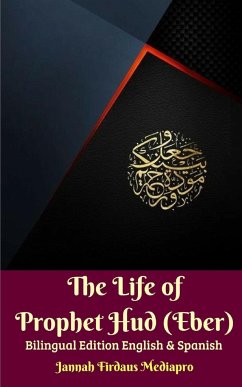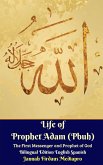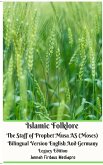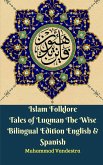The people of 'Ad lived many years in the windswept hills of an area between Yemen and Oman. They were physically well built and renowned for their craftsmanship especially in the construction of tall buildings with lofty towers. They were outstanding among all the nations in power and wealth, which, unfortunately, made them arrogant and boastful. Their political power was held in the hand of unjust rulers, against whom no one dared to raise a voice. They were not ignorant of the existence of Allah (God), nor did they refuse to worship Him. What they did refuse was to worship Allah alone. They worshipped other gods, also, including idols. This is one sin Allah does not forgive. Allah wanted to guide and discipline these people so He sent a prophet from among them. This prophet was Prophet Hud (Eber), a noble man who handled this task with great resoluteness and tolerance.
Hinweis: Dieser Artikel kann nur an eine deutsche Lieferadresse ausgeliefert werden.
Hinweis: Dieser Artikel kann nur an eine deutsche Lieferadresse ausgeliefert werden.








